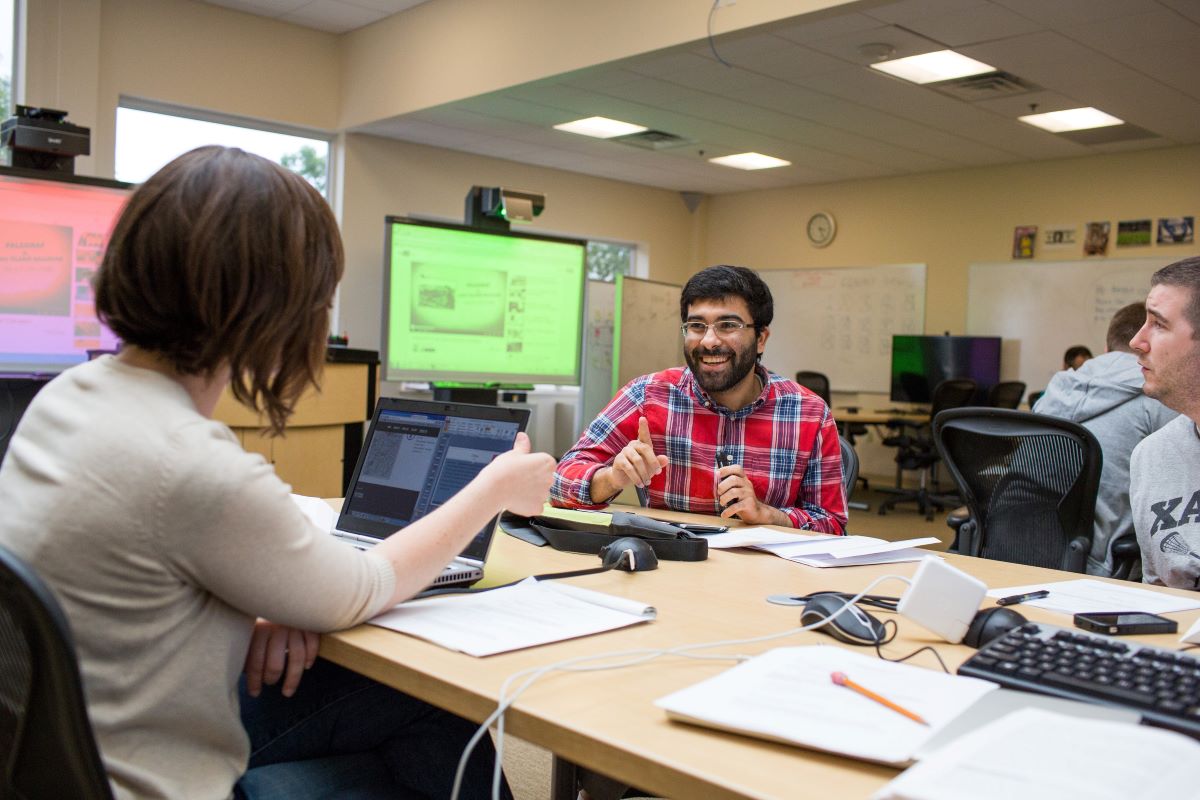
As students and families receive their much-anticipated college admittance letters this month they will experience a range of emotions. They will also contemplate the significance of the investment they are making and wonder, what is the best way to measure the outcome? Starting salary has become the go-to metric for rankings publications to evaluate graduates’ success, but should it be? Bentley University and Gallup argue that a successful college outcome is much more complex than simply salary.
Measuring Long Term Success of College Graduates
In 2013 Gallup and Purdue University developed a new index by which to measure college outcomes --not by the graduates’ paychecks, but by their level of engagement at work and fulfillment in their lives. The findings concluded that it is not where you go to college, but how you go that matters in the long run. That means institutions must be able to understand and articulate the experiences that provide the greatest impact on students as they look to have a great job and great life after they graduate.
“Gallup found that if graduates engaged in ‘experiential and deep learning’ during college – taking part in internships where they could apply their learning, being deeply involved in a co-curricular activity or organization, and completing a long-term project – their odds of engagement at work doubled,” said Brandon Busteed, executive director at Gallup Education. Specifically, Gallup also found that Bentley’s alumni were almost twice as likely than the national average to have this kind of deep experiential learning.

How Bentley Stacks Up
Bentley partnered with Gallup to conduct a comprehensive survey of 3,593 alumni and found that Bentley graduates overall rank 44% higher than the national average on all five elements of well-being outlined by the Gallup-Purdue Index (GPI): sense of purpose, social connections, sense of community, financial stability, and physical health.
|
Areas of Well-Being |
Bentley University Graduates |
National Average |
|
Purpose |
52% |
51% |
|
Social |
55% |
48% |
|
Financial |
49% |
41% |
|
Community |
52% |
45% |
|
Physical |
40% |
34% |
“At a place-based residential university in 2016, it is critical to articulate the value of the entire student experience on campus, not just the value of the credits earned or salary gained,” noted J. Andrew Shepardson, vice president of Student Affairs at Bentley. “The GPI gives us a more comprehensive way to quantify that we as an institution are achieving our core mission of sending graduates into the world who will not only have meaningful, productive careers, but thrive in their lives as well.”
Bentley is putting these findings into action and continuing to improve the student experience by adding new programs and changing existing ones as a result, including:
- Implementing “StrengthsFinder” assessment – The Gallup Clifton StrengthsFinder is a comprehensive questionnaire given to all new students to identify their strongest, most natural attributes. Within their first year, students take the StrengthsFinder assessment and participate in peer-led discussions within their residence hall community. They also tap into their strengths as part of the Career Development Introduction (CDI) class created by Career Services. By the end of their first year, students understand their strengths and can clearly articulate them as they weave them into their personal story and job search through cover letters, résumés, or their LinkedIn profile.
- New Strengths Fellows Peer Mentoring – Centered on the concepts from StrengthsFinder, Strengths Fellows are students who act as one-on-one Strengths-based coaches for other students and develop and execute team-oriented community programming. Their job is to cultivate an environment that allows all students to use their strengths every day.
- New Student Leadership Program - Student Affairs has taken the Gallup data on engagement, support, and experiential learning and used it to build a comprehensive leadership program. The three year program helps students leverage their strengths, connect with a faculty or staff mentor, and complete a co-curricular project that takes a semester or longer to complete.
- Revamped Student Employment Initiative - Student employment provides a great opportunity for experiential learning. After seeing the impact that mentorship and engagement can have on students after they graduate, Bentley redeveloped its student employment program within the Student Affairs division to include meaningful staff mentorship, a focus on strengths, and moments of intentional recognition.
Why does Bentley fare so well? From the Office of Career Services to Student Affairs to Academic Advising, Bentley faculty and staff believe in reaching out to students from the moment they arrive on campus. 90% of Bentley students participate in an internship and the majority of students are involved in an experiential learning project, which Gallup found leads to better workplace engagement later in life.
It's critical to value the whole campus experience, not just credits or salary. @deanshepardson
TWEET THISOverall, the majority of Bentley University alumni are employed full time and at higher rates than alumni of comparable universities - 82% of graduates from 1970 and later work full time. Now, thanks to the GPI, this employment figure does not have to stand on its own. It can be coupled with the fact that 48% of Bentley alumni are engaged at work, compared to 38% nationally. Salary matters, but well-being and workplace engagement do as well. Like all universities, Bentley has room to grow in order to further enhance the lives of its students while on campus. If more schools placed a higher premium on delivering what Gallup has shown leads to greater happiness, the true return on investment for students, their families and employers would be significant – making for a more profitable, productive, and engaged business environment.
Dive deeper into the Gallup Bentley alumni data and download the full report.

